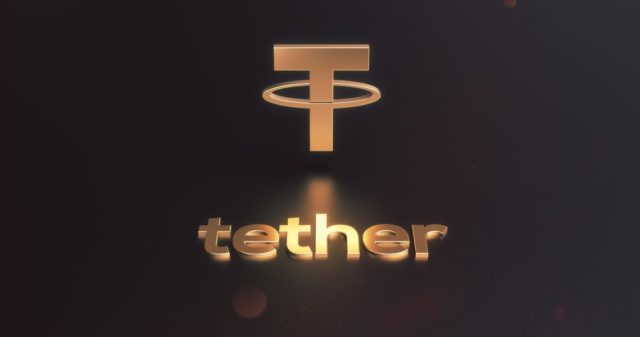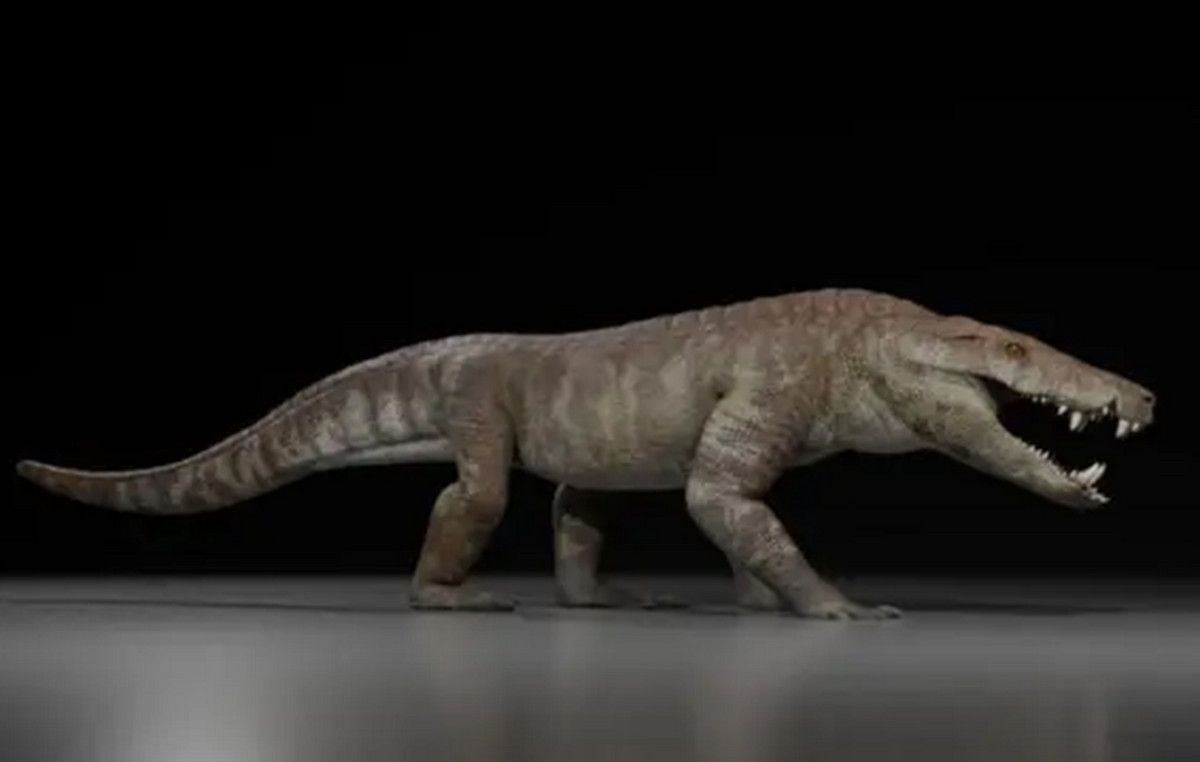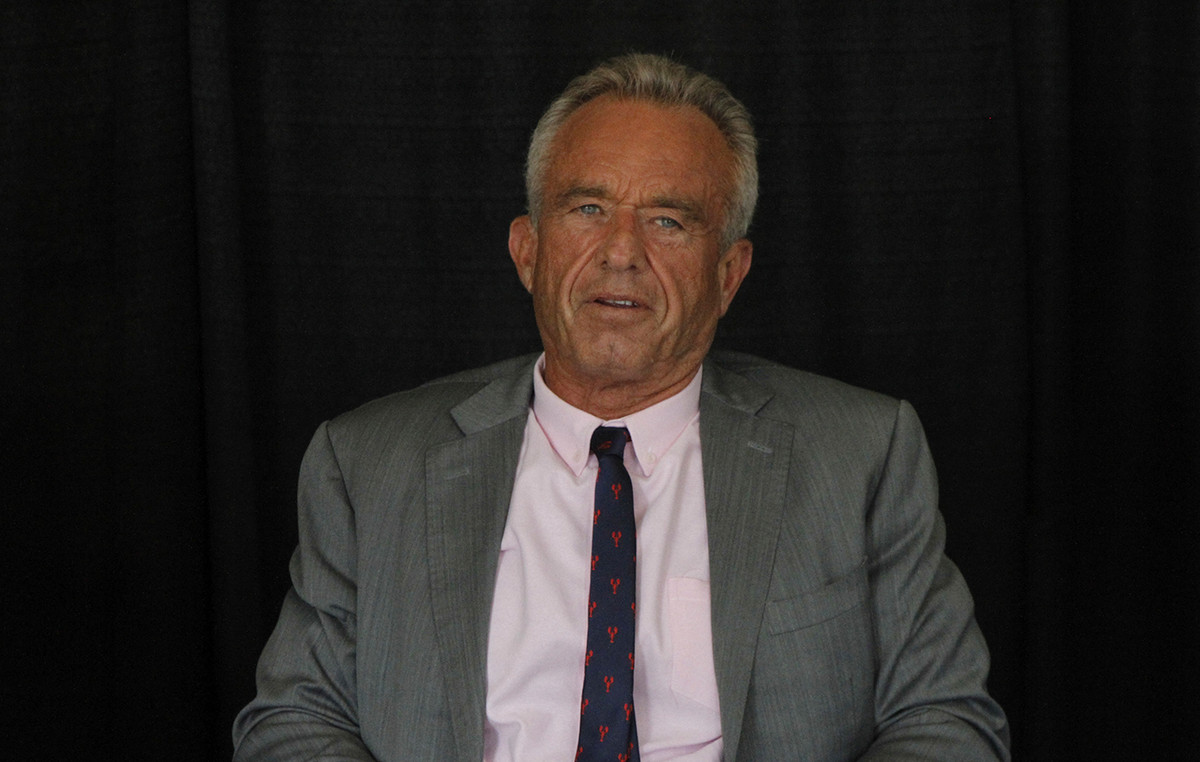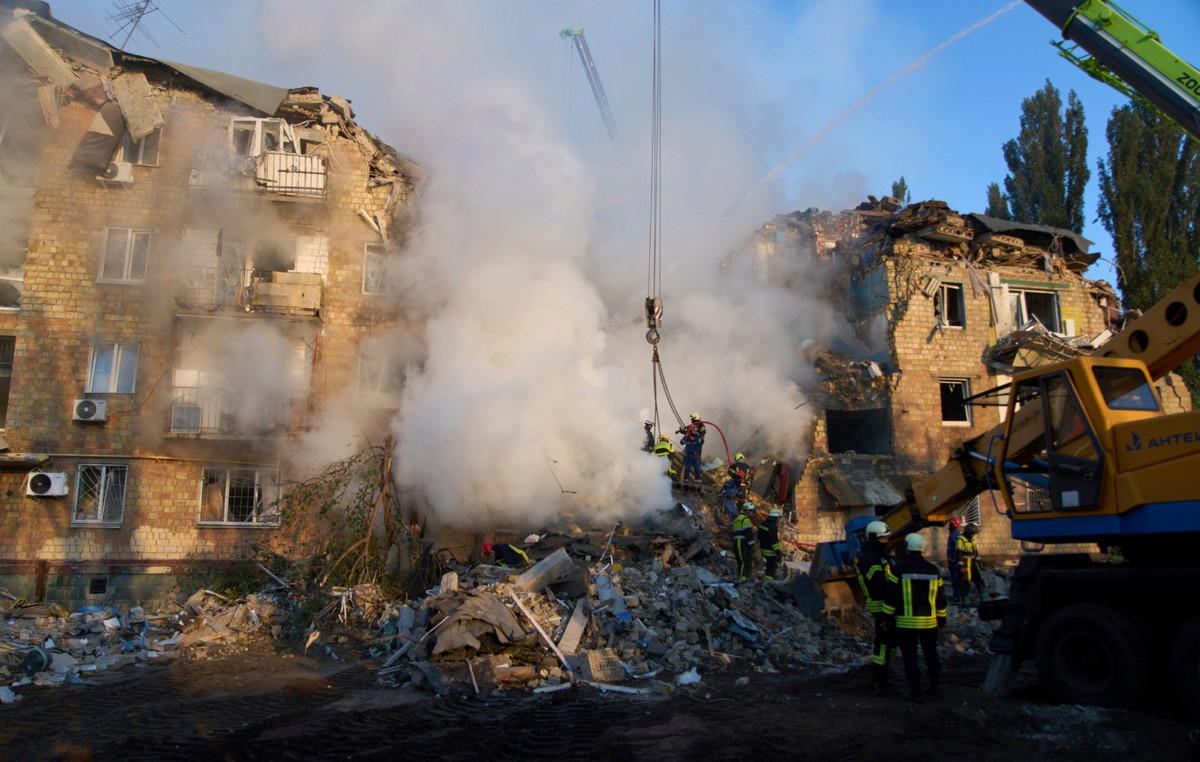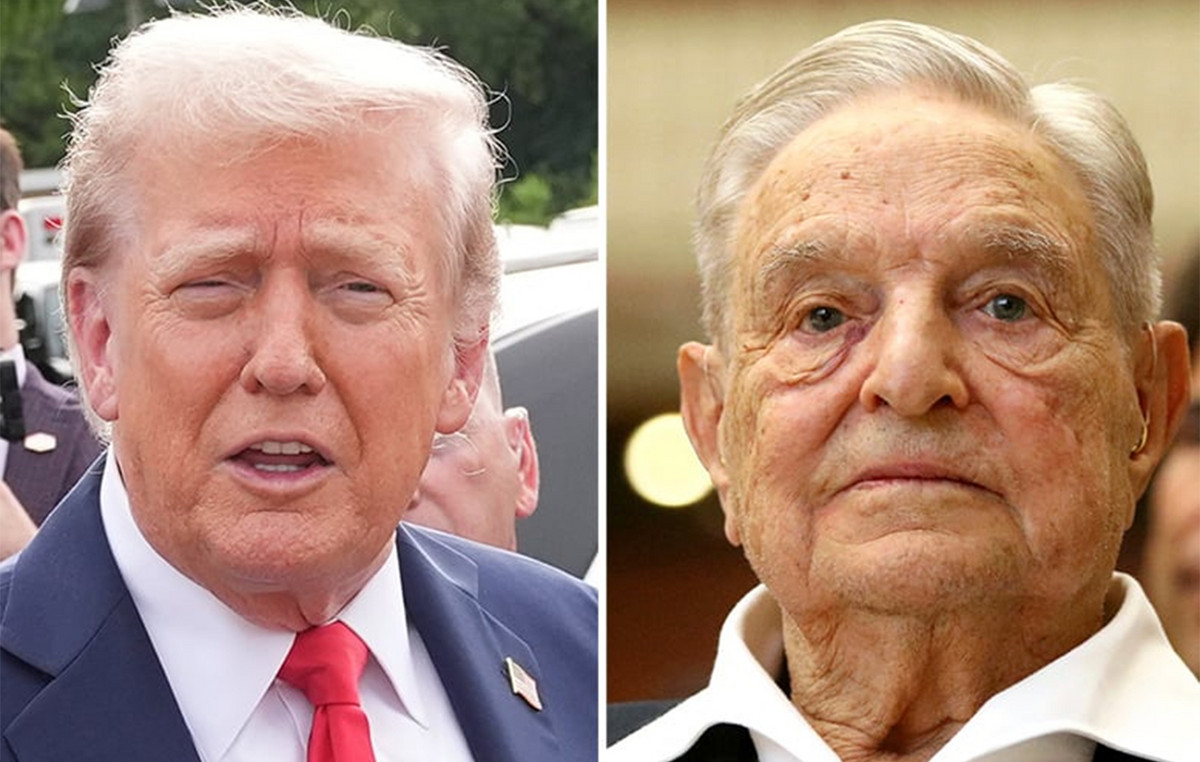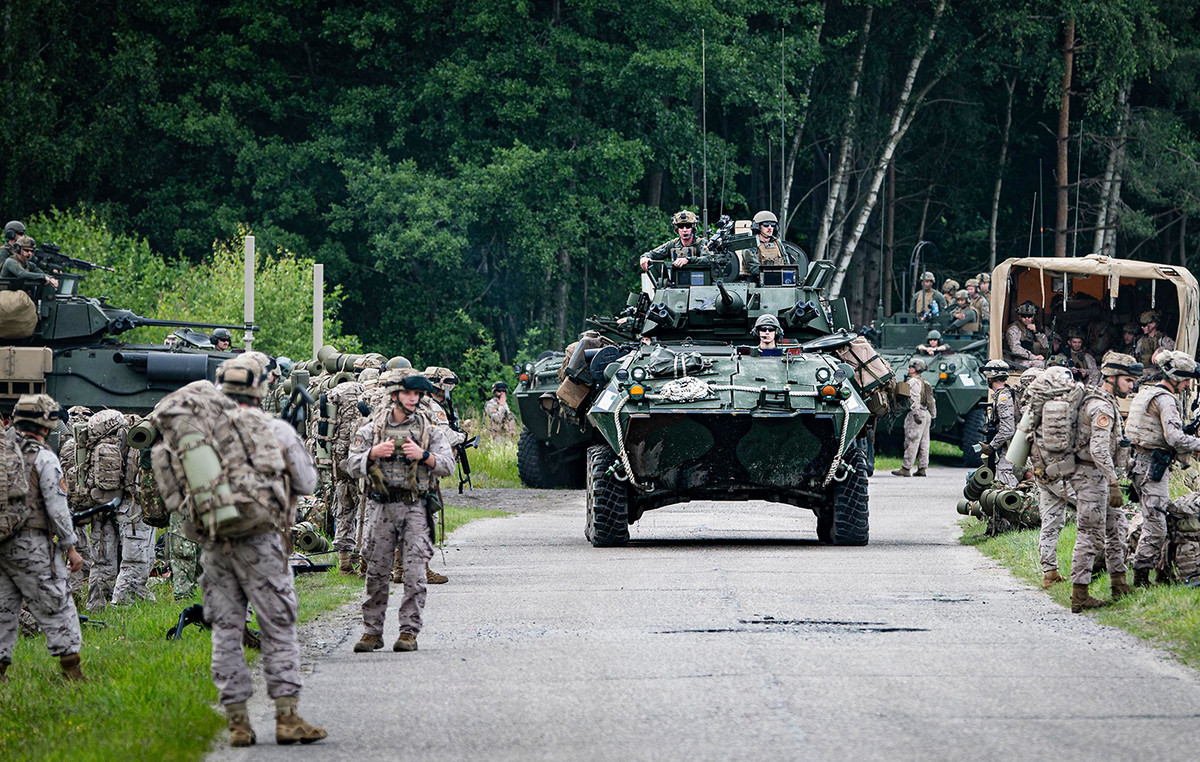“To tell you the truth, I can’t say that my childhood was bad, because at that age you can’t compare things: one eats a carrot, the other a sweet, and both taste good. A child doesn’t know the difference.”
The phrase is by billionaire Roman Abramovich, who recalls his early years, after being without fathers or mothers and having to live in various orphanages. She was told to The Guardian when the tycoon was 40 years old and already controlled an empire.
Today, at age 55, he continues to accumulate wealth — it is the 142nd richest man in the world according to the Forbes ranking — and became news because it was mentioned in the negotiations between Ukraine and Russia.
The billionaire’s name became known in 2003, with the acquisition of Chelsea and subsequent investment in the London club, which won five Premier League titles (English championship, five FA Cups, but above all, two Champions Leagues.
His reign in football is now about to end after 19 years of collateral damage from the Russian invasion of Ukraine.
But the story of this businessman, who did not always have a life of luxury, goes far beyond football.
The unauthorized biography “The Billionaire from Nowhere,” written in 2004 by journalists Dominic Midgley and Chris Hutchins, recounts his most difficult moments.
Born into a Jewish family, Abramovich was orphaned at the age of two and a half, having spent his childhood between his aunt and uncle’s house and various orphanages in the town of Ukhta, near the Arctic Circle.
His youth would have taught him the value of money and, while still in the Soviet army, he entered the business world, in the car business, as a mechanic in a small workshop.
fortune building
The great opportunities of Abramovich’s life came with the collapse of the Soviet Union and the unregulated privatization process carried out by then-President Boris Yeltsin.
He then created his first legitimate business, selling plastic toys, with his first wife, Olga, but quickly expanded his investments into the oil, agriculture and livestock sectors, among others, accumulating a lot of capital.
In 1995, what was perhaps Abramovich’s most important business appeared. Together with the established oligarch Boris Berezovsky, he bought the majority of shares in Sibneft, one of the biggest oil producers in Russia and the world, for just over 176 million euros.
The deal paid off even more several years later, in 2000, as Berezovsky fell out of favor with newly elected President Vladimir Putin and was forced into exile, not before selling his stake in Sibneft to Abramovich, which increased even more your fortune.
The success of the purchase was evident in 2003, when the company was already worth 13.2 billion euros.
The next step was the most difficult. The turn of the millennium in Russia was marked by the so-called “aluminium wars”.
“Every three days, one person in that industry was killed,” Abramovich himself said during a trial in London.
Almost unintentionally, and not without controversy, it became one of the major aluminum producers in the country through Rusal, which is still the second largest company in the world today.
Politics
It was also in this period that Roman Abramovich debuted in the world of politics. After a short stint in the Duma, the lower house of the Russian Federal Assembly, the businessman was elected governor of the Chukotka Autonomous Region, the easternmost in the country and also one of the poorest.
“When you get there and see the situation that 50,000 people are in, you want to do something. I have never seen anything worse in my life than what I saw there (in Chukotka),” he told The Guardian.
During his two terms, from 2000 to 2008, he invested close to €1 billion in the region, in addition to more than €2 billion in donations between 2009 and 2013.
In the first six years of government, the average salary of workers in Chukotka quintupled, which is why Abramovich is still admired by his former constituents.
enemies
Along the way, in building his fortune, he made enemies and collected controversies. Once partners, Abramovich and Berezovsky came to be at loggerheads over money-related issues.
In 2011, the ill-fated Berezovsky (found dead in his home two years later) sued his former business partner for blackmail, breach of trust and breach of contract.
The case was, however, dropped by the London High Court the following year, which found the accuser an “unreliable” witness.
Abramovich is also suspected of having had several businessmen killed during the “aluminium wars”. However, the businessman was never formally investigated for this.
On the environmental issue, the entrepreneur is champion in negative repercussions. According to the publication The Conversation, Abramovich was, in 2018, the most polluting billionaire in the world, just counting his properties and personal belongings, leaving out the stakes in companies in sectors harmful to the environment.
His spell at Chelsea brought him to world fame, much boosted by the signing of José Mourinho in the summer of 2004, who brought the great national titles back to Stamford Bridge.
But the complicated relationship with some coaches, as well as the speed with which he fired them after a bad series of results, were very characteristic marks of his presidency.
Until the summer of 2020, the Russian had spent around €2.5 billion on transfers alone, a figure even higher than that paid by Florentino Pérez in front of Real Madrid.
Collection
Over the years, it has become the world’s largest buyer of yachts, although it currently only has two: the Eclipse, which was once the largest in the world and for which it paid 370 million euros, and the Solaris, ordered for 563 million euros. euros.
The businessman also owns a Boeing 767, called “The Bandit”, and multiple mansions in London, New York and Moscow.
Abramovich is also a collector of works of art, by painters such as Francis Bacon and Lucian Freud, among others, having also sponsored several photography exhibitions about the former Soviet Union.
Family
Despite being single, Abramovich has been married three times. The first marriage, with Olga Lysova, ended after three years, in 1990.
The second, and longer, dates from 1991, with Irina Malandina, and ended in 2007, the year in which rumors appeared in the British press of a relationship with Darya Zhukova, daughter of another oligarch.
The businessman married Zhukova a year later, in 2008. The union between the two ended after ten years. With the last two women he had seven children (five with Irina and two with Darya), and they all lead independent lives.
The eldest son, Arkadiy, followed in his father’s footsteps and already owns companies and investment funds, and two of his daughters, Arina and Sofia, are professional Amazons.
Abramovich is also an activist against anti-Semitism, promoting various institutions that support this cause.
He was officially recognized by the Forum for Jewish Culture and Religion for his contribution of more than 460 million euros to Jewish causes around the world, having also, during his presidency at Chelsea, signed a partnership between the club and the Anti-Defamation League.
On the EU list
His Jewish ancestry was at the origin of one of the most talked about subjects in Portuguese society at the end of last year.
Revealed by the newspaper “Público”, the attribution of Portuguese nationality to the Russian billionaire, resulting from the law that allows descendants of Sephardic Jews to acquire citizenship as compensation for the expulsion decreed at the end of the 15th century, raised some doubts, given the apparent lack of connection between Abramovich, a common nickname among Ashkenazi Jews, and this ethnic group.
It is also suspected that the billionaire has been a partner for several years with the Judaism Certification Commission, which proved his ancestry, and a sponsor of the Jewish Community of Porto and the city’s Holocaust Museum, whose representative, Hugo Miguel Vaz, edited the page from Abramovich’s Wikipedia 18 times, introducing several references to Russian’s alleged Sephardic origins.
The attribution of nationality will be investigated by the authorities, but, until the decision is reversed, the businessman has a Portuguese passport (which he added to the Russian and Israeli), one of the most powerful in the world, thus being a citizen of the European Union.
Abramovich’s future, like all Russian oligarchs close to Putin, is uncertain.
A source in Brussels assured to CNN Portugal that the Portuguese-Russian will be on the next European Union sanctions list.
His daughter Sofia expressed on her Instagram profile that she opposes the war and Russian President Vladimir Putin.
The businessman himself has pledged to donate the proceeds from the sale of Chelsea to victims of the war in Ukraine, through a foundation created for this purpose.
However, this action, carried out after years and years of friendship with Vladimir Putin and the Russian elites, should not save the businessman from a heavy hole in his finances, putting his fortune of around 12 billion euros at risk.
Source: CNN Brasil
I am Sophia william, author of World Stock Market. I have a degree in journalism from the University of Missouri and I have worked as a reporter for several news websites. I have a passion for writing and informing people about the latest news and events happening in the world. I strive to be accurate and unbiased in my reporting, and I hope to provide readers with valuable information that they can use to make informed decisions.

